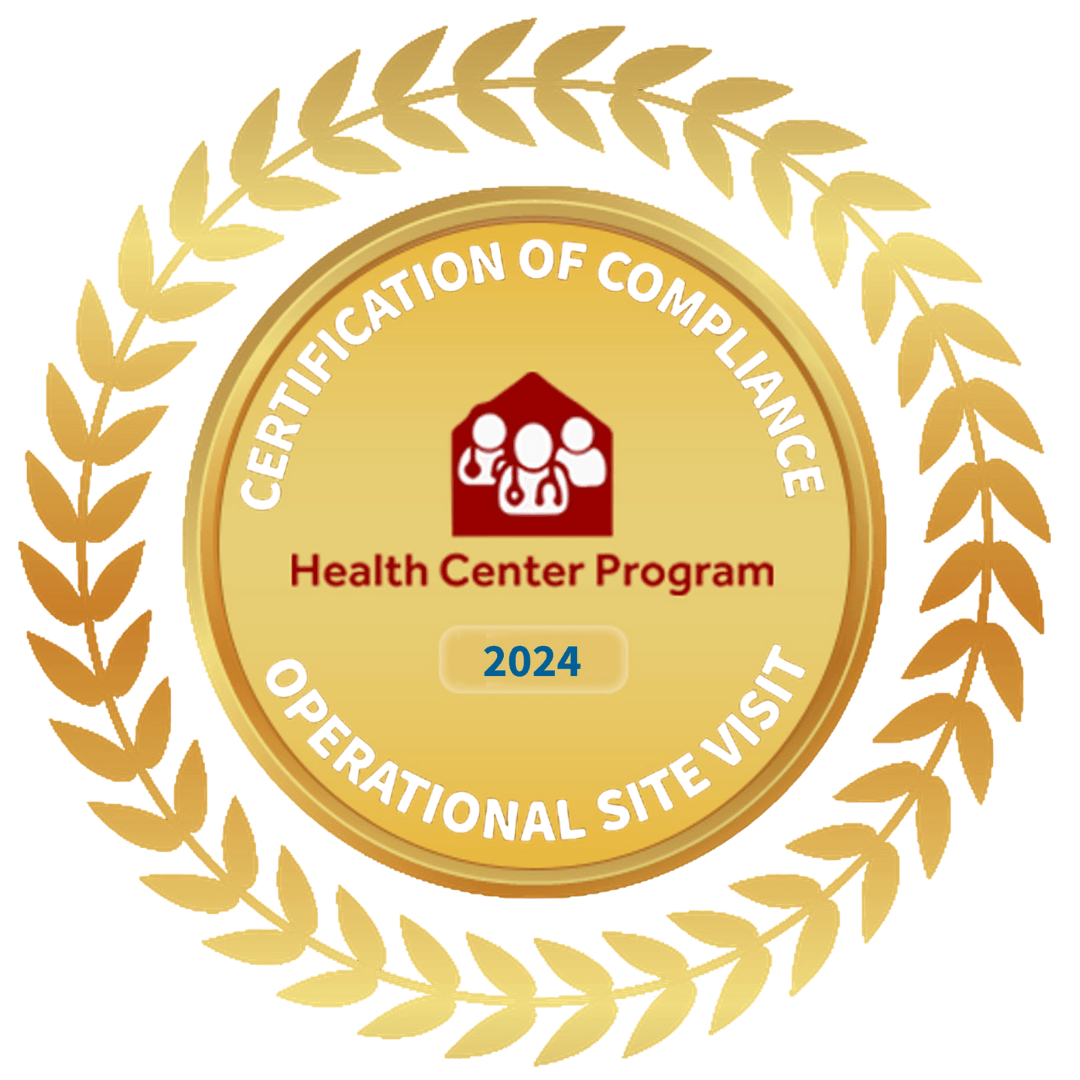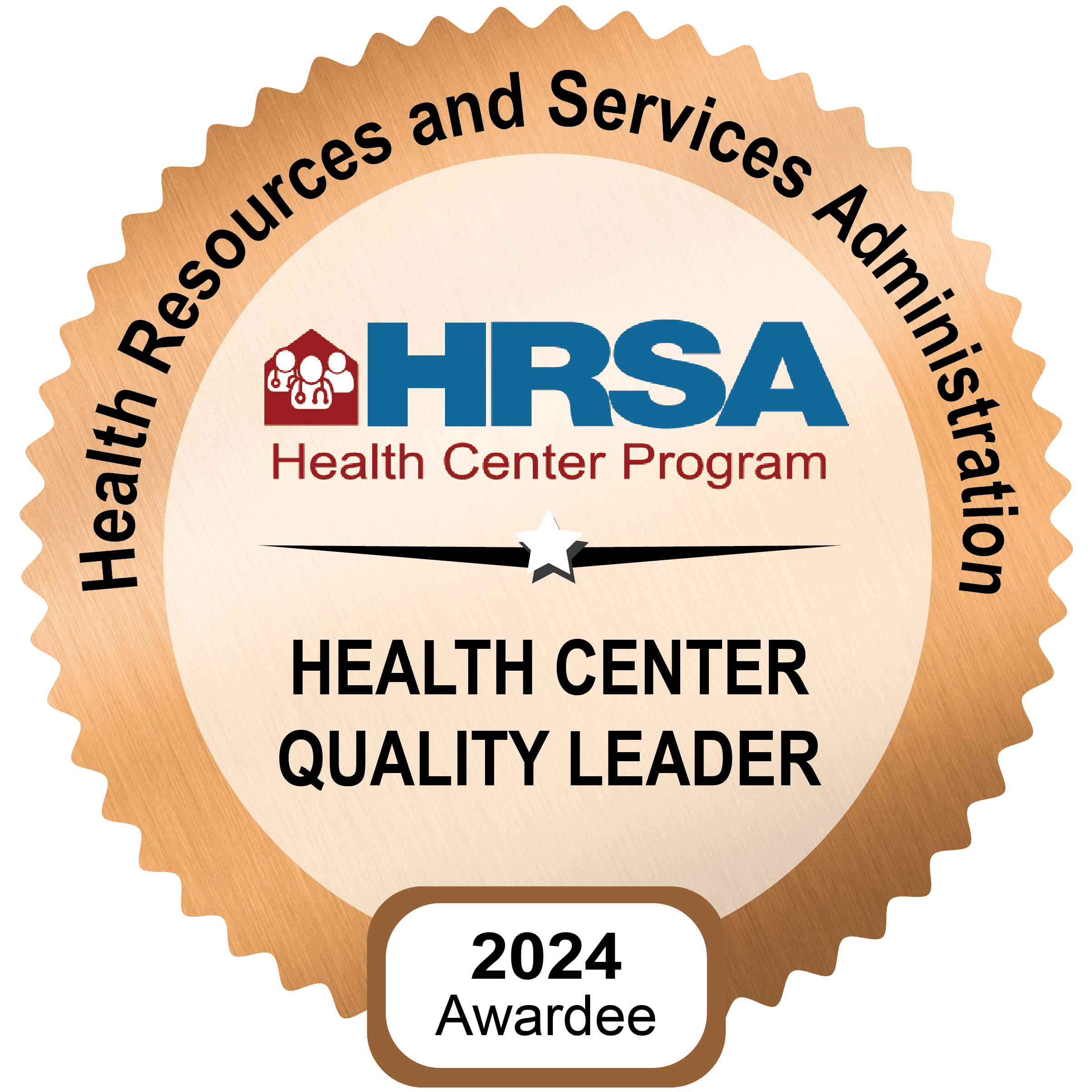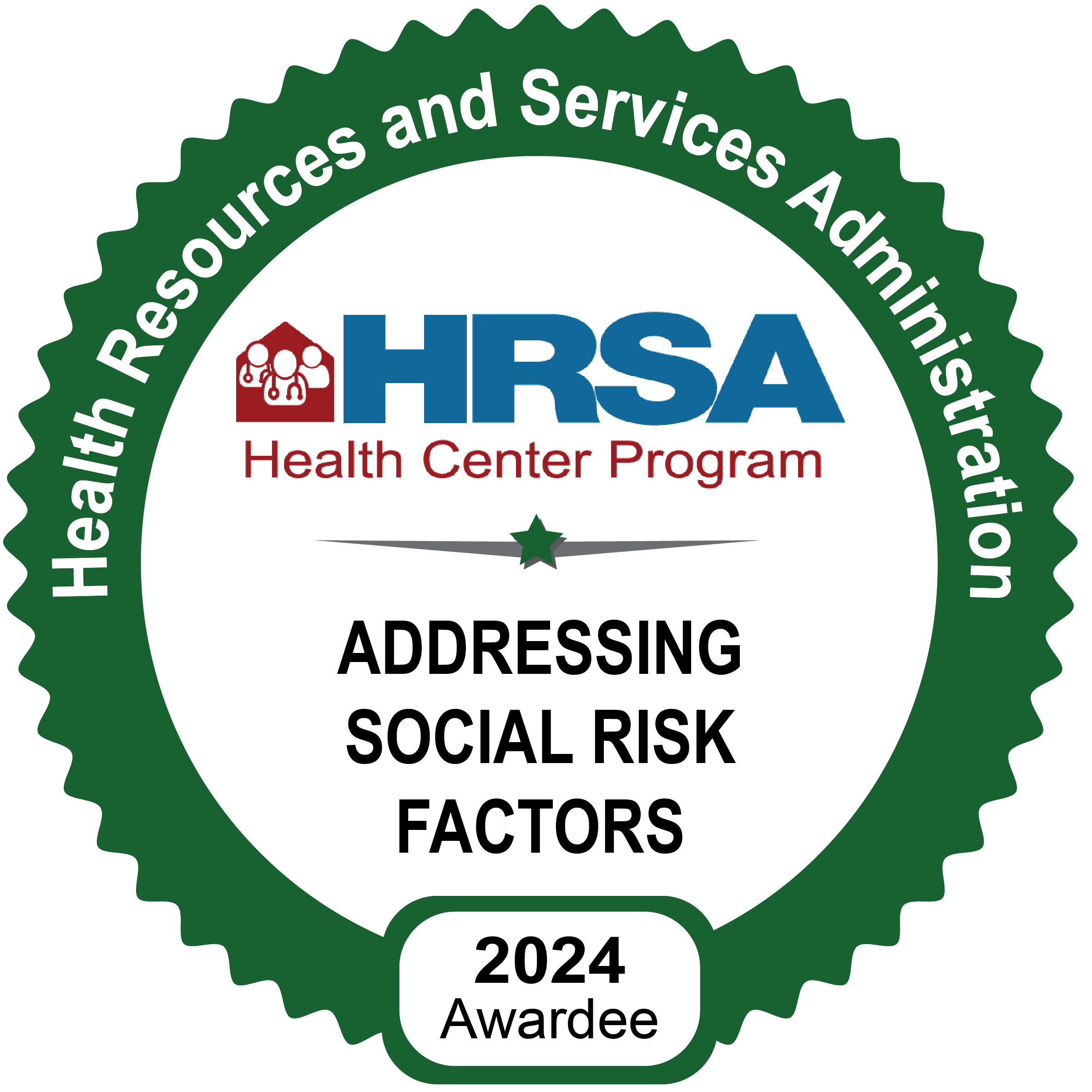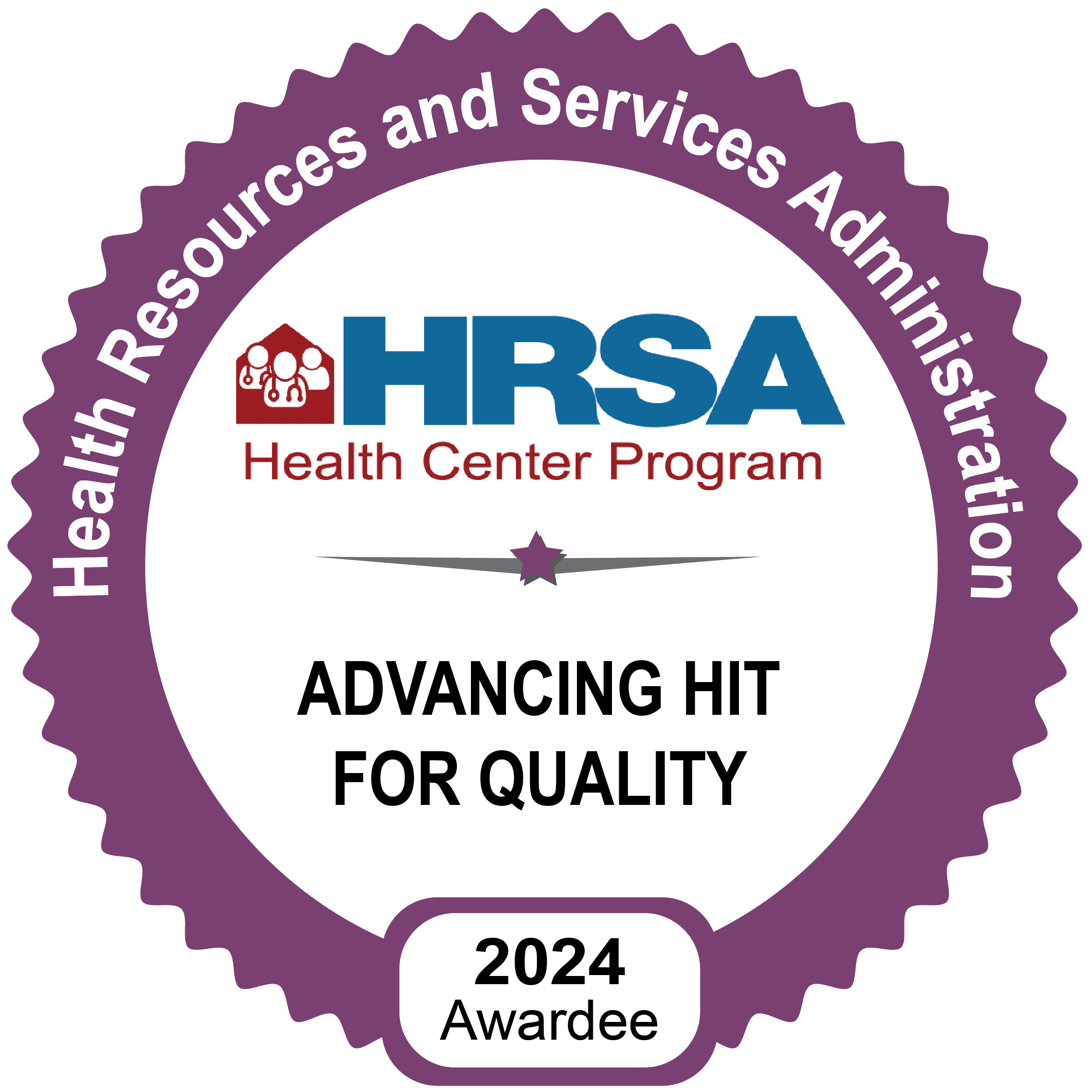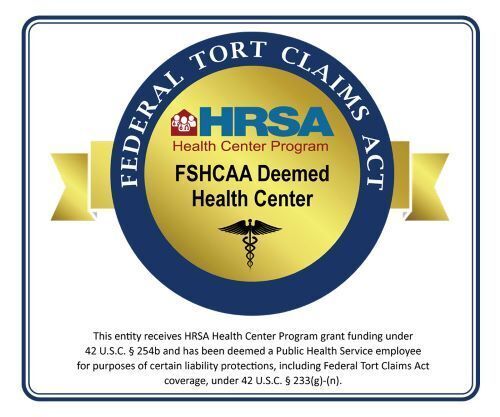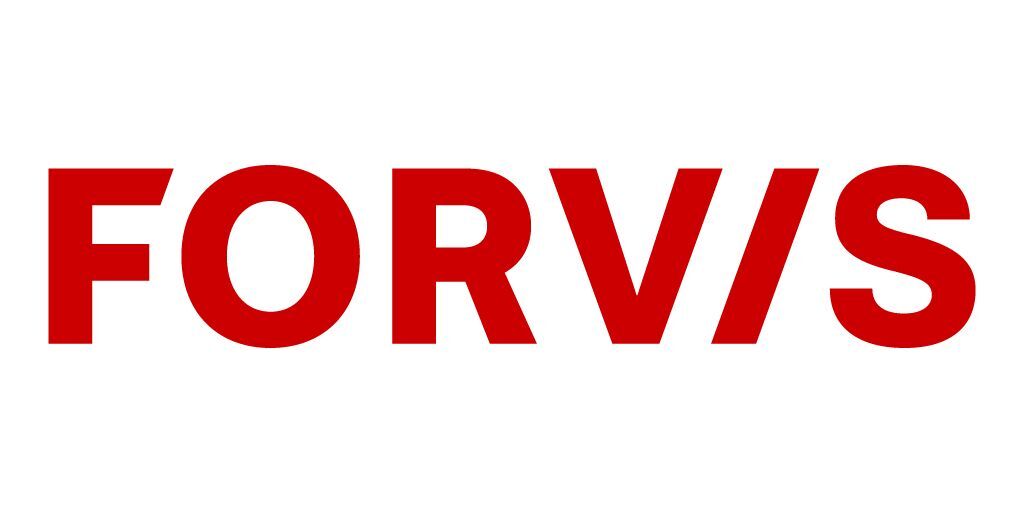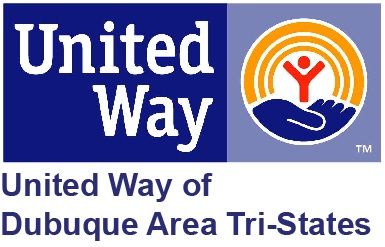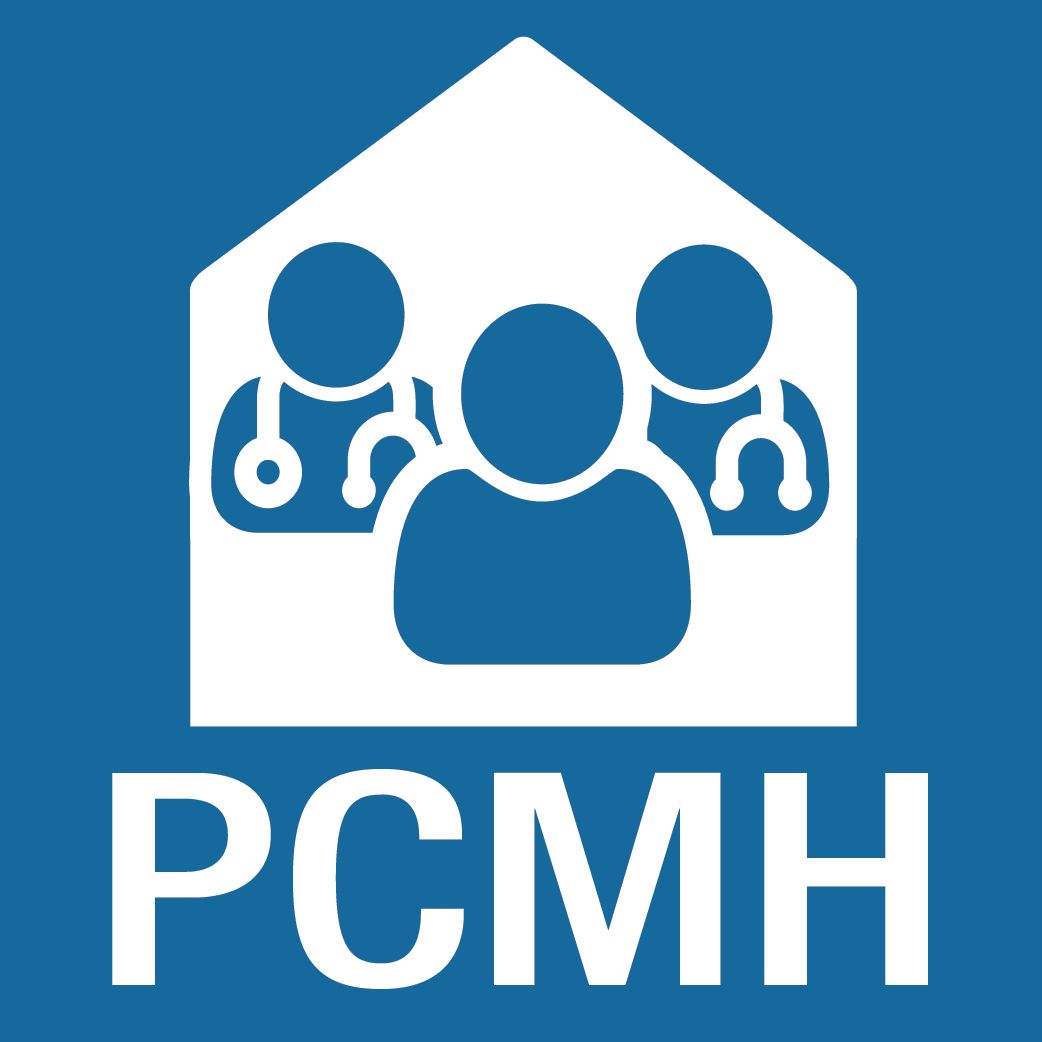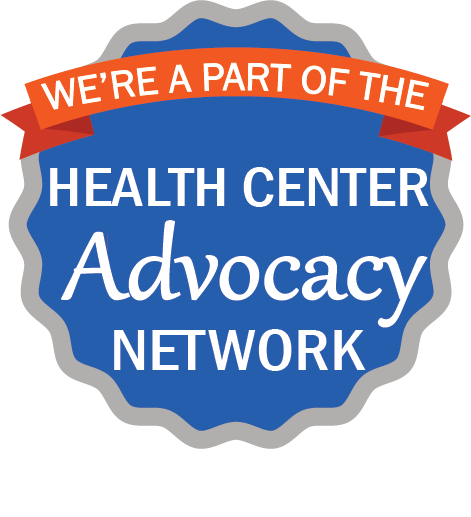COVID-19 Vaccine Resources
While we do not currently offer COVID vaccines, below are trusted resources with information about the COVID vaccine.
Please contact our Medical Clinic at 563.690.2863 with any questions.
-
Boosters are an important part of protecting yourself from getting seriously ill or dying from COVID-19. They are recommended for most people.
-
COVID-19 vaccines are safe, including for children ages six months and older. Millions of people in the United States have received COVID-19 vaccines since they were authorized for emergency use by FDA. COVID-19 vaccines have undergone and will continue to undergo the most intensive safety monitoring in U.S. history.
-
To understand how COVID-19 vaccines work, it helps to first look at how our bodies fight illness. When germs, such as the virus that causes COVID-19, invade our bodies, they attack and multiply. This invasion, called an infection, is what causes illness. Our immune system uses several tools to fight infection. Blood contains red cells, which carry oxygen to tissues and organs, and white or immune cells, which fight infection.
-
To make sure that COVID-19 vaccines are safe, CDC expanded and strengthened the country’s ability to monitor vaccine safety. CDC created new ways to gather more information about the safety of COVID-19 vaccines. These web-based platforms give CDC scientists information about the safety of COVID-19 vaccines in real time.
As a result, vaccine safety experts can monitor and detect issues that may not have been seen during the COVID-19 vaccine clinical trials. If any vaccine safety issues—also called adverse events— are reported, CDC scientists can quickly study them and determine if there is a safety concern with a particular vaccine.
-
Stay up-to-date with valuable coronavirus (COVID-19) data summarized by confirmed cases, geography, testing and treatment, projections, and economic impact.

